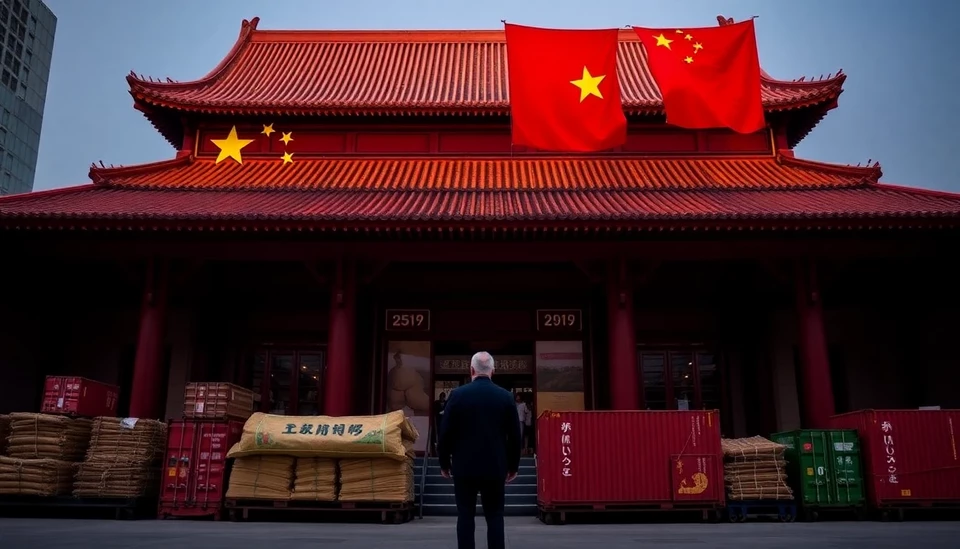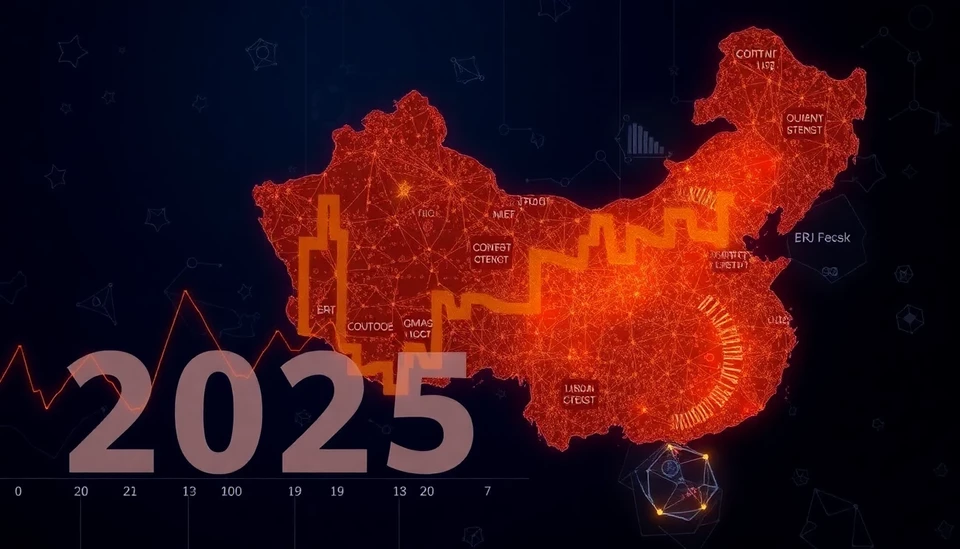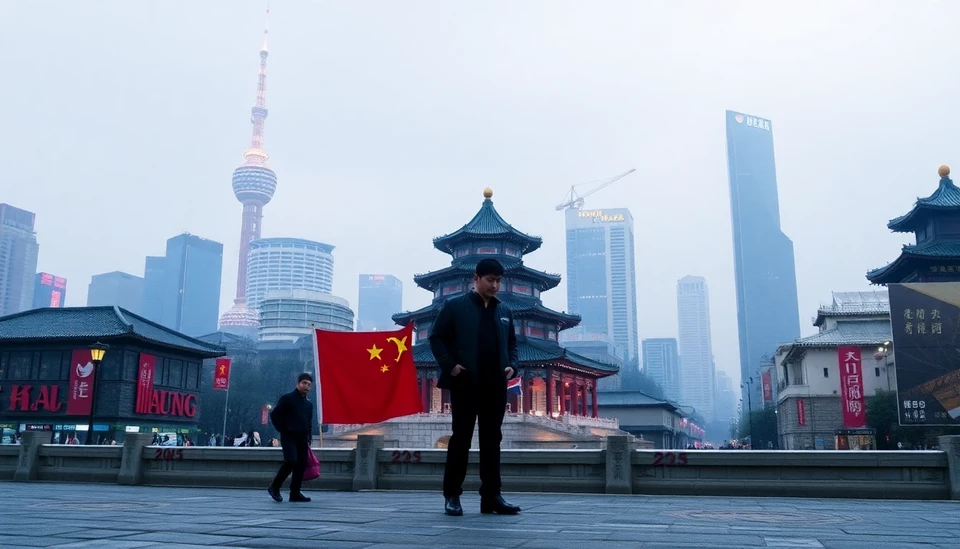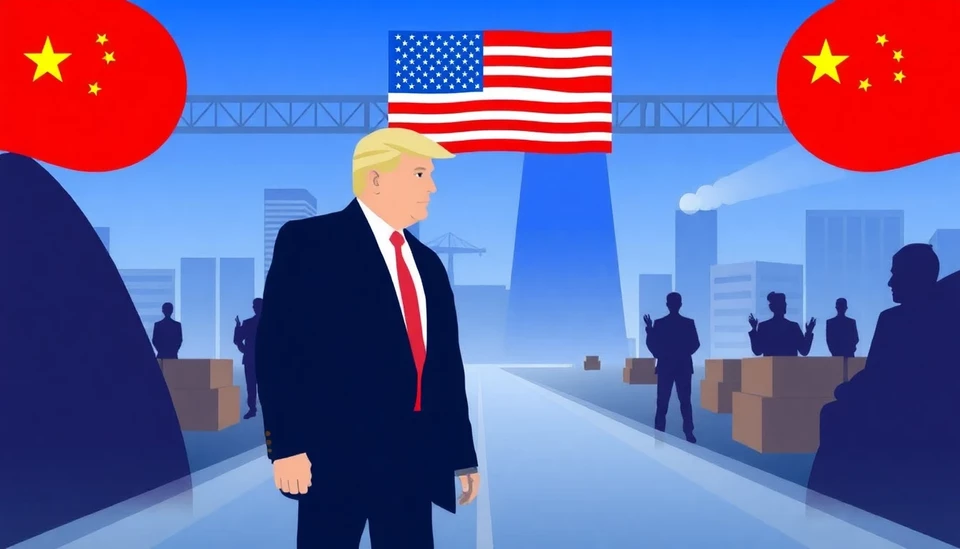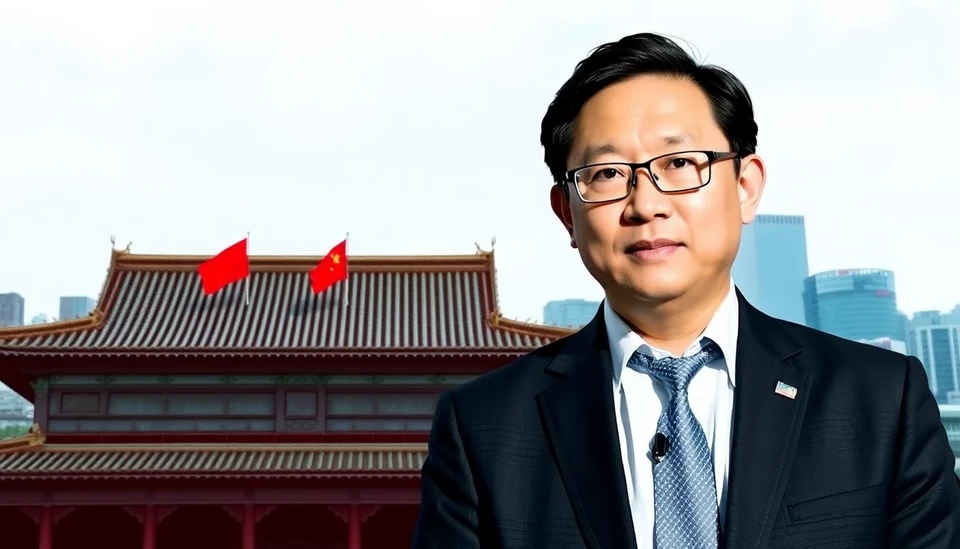
In a recent statement, the Chief China Economist for JPMorgan Chase, Zhu Haibin, expressed concerns over China's economic stimulus efforts, suggesting that the measures currently in place are not adequate to address the nation's economic challenges. As the world's second-largest economy continues to grapple with a multitude of issues, Zhu's insights shed light on the potential risks associated with the government's economic strategies.
The Chinese government's approach, which includes a mix of monetary easing and fiscal policies aimed at boosting growth, may need to be reevaluated. Zhu highlighted that despite these efforts, the effectiveness of the current policies may be limited in rejuvenating the economy. China has been facing a slowdown influenced by several factors, including weak consumer demand, ongoing real estate uncertainties, and an increasingly global economic environment that remains fragile.
Experts have been observing the Chinese economy closely, especially amid fears of a prolonged downturn. Zhu pointed out that the recovery signs, while present, are not strong enough to instill confidence among investors or stimulate robust consumer spending. The economic growth forecast has been a concern among analysts, and many are beginning to question whether the stimulus measures taken thus far will be sufficient to change the trajectory of the economy.
Traditionally, China has relied on significant infrastructure spending and export-driven growth to bolster its economy. However, with the evolving global market dynamics, Zhu argues that a fundamental shift is needed. The emphasis may need to transition from heavy investment-led growth to one that encourages sustainable consumer spending and innovation within the domestic market.
The report comes at a critical juncture when China is set to release key economic data later this week that could provide further insights into its financial health. Investors and policymakers alike are eagerly awaiting this information to better understand potential trends and implications for future economic policies.
As China strives to navigate through its economic hurdles, Zhu's remarks serve as a call for more aggressive and comprehensive policy actions. The challenges posed by external factors, including trade relationships and supply chain disruptions due to geopolitical tensions, further complicate an already precarious situation for the Chinese economy.
In conclusion, the message from Zhu Haibin of JPMorgan is clear: while the government has initiated steps to stimulate the economy, a more robust and decisive response may be necessary to combat the adverse economic conditions currently unfolding in China.
Following these developments is crucial for stakeholders ranging from local businesses to international investors, as the trajectory of China's economy is likely to have far-reaching consequences on the global economic landscape.
#ChinaEconomy #JP #Morgan #EconomicStimulus #ZhuHaibin #MarketAnalysis #ConsumerSpending #GlobalEconomy #InvestmentTrends #EconomicPolicy
Author: Daniel Foster
